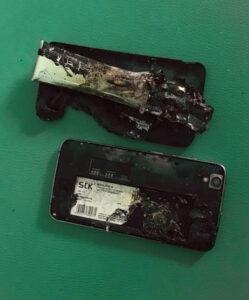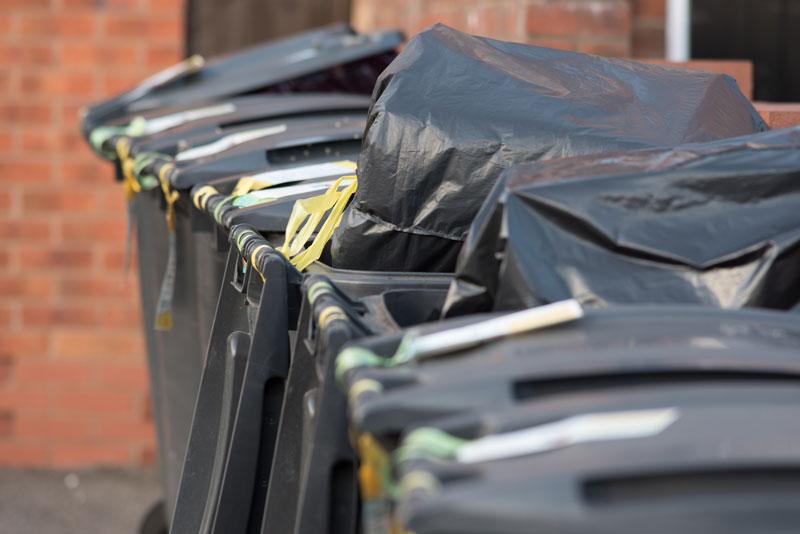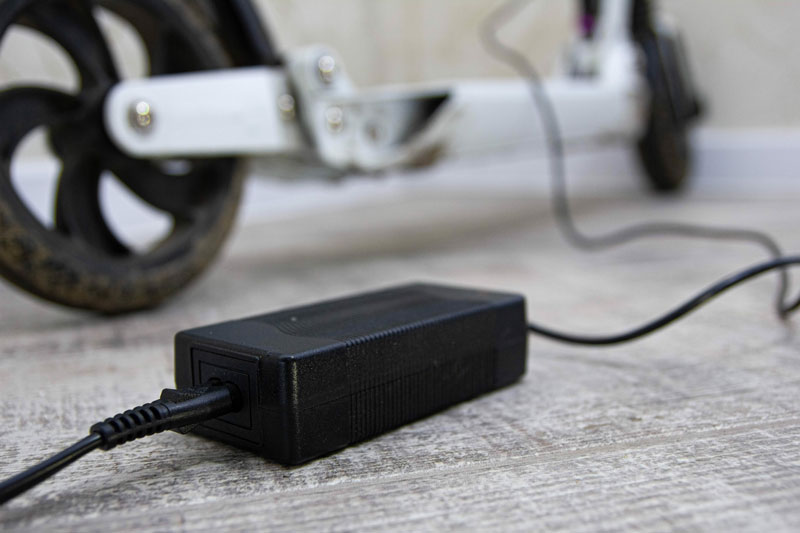How can the public be educated on the risks of Lithium-Ion batteries?
 There is a real and urgent need for local authorities and refuse organisations to run education campaigns to help the public understand that discarding batteries in their general waste is a dangerous fire hazard. If batteries, or electricals containing batteries such as mobile phones, laptops, and e- cigarettes, end up inside bins or recycling lorries with other materials, they are then crushed in the waste and recycling process. This increases the chance that the battery could be punctured and self-combust, - a process which is called Thermal Runaway – becoming a real risk that it will set fire to surrounding dry and flammable waste and recycling.
There is a real and urgent need for local authorities and refuse organisations to run education campaigns to help the public understand that discarding batteries in their general waste is a dangerous fire hazard. If batteries, or electricals containing batteries such as mobile phones, laptops, and e- cigarettes, end up inside bins or recycling lorries with other materials, they are then crushed in the waste and recycling process. This increases the chance that the battery could be punctured and self-combust, - a process which is called Thermal Runaway – becoming a real risk that it will set fire to surrounding dry and flammable waste and recycling.
Clearly these fires have the potential to endanger both the public and waste truck operators by causing fires on streets, and waste centres across the UK, while costing local councils millions of pounds. One refuse handing organisation has reported losing three Refuse Collection Vehicles in last 12 months alone due to fires started by lithium-ion batteries in discarded devices.
According to the Environmental Services Association (ESA), 48 per cent of all waste fires in the UK each year are caused by Lithium-ion batteries, costing £158 million annually to waste operators, fire services and the environment. This fire risk is increasing all the time, so it is especially important for education on this type of fire to be given.
Research also found that as many as 45 per cent of householders are unaware of the fire risk if they don’t safely dispose of batteries, with a quarter of householders unsafely throwing them away. In addition, 40 per cent of householders are unaware of any information regarding how they should safely recycle their batteries (Material Focus).
The Firechief range includes high-performance fire extinguishers, fire blankets, first aid kits, lithium-ion fire extinguishers for your home and leisure time. For more information, call us on +44 (0)330 999 0019 or email sales@firechiefglobal.com.
Other resources
If you would like to find out more about Lithium-ion batteries and why they are a fire risk, explore our other interesting articles below.
The information contained within this blog is provided solely for general informational and educational purposes and is not intended as a substitute for professional advice. Before taking any actions based upon this information, we advise the reader to consult any and all relevant statutory or regulatory guidance and where felt necessary to consult a qualified fire or industry regulation professional. The use or reliance on any information contained herein is solely at the reader’s risk.


